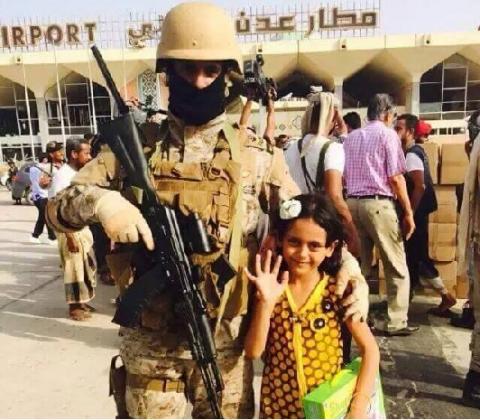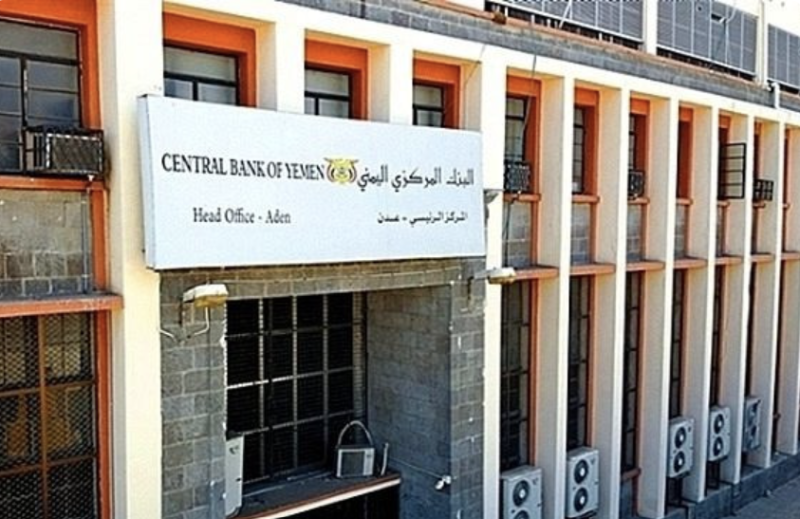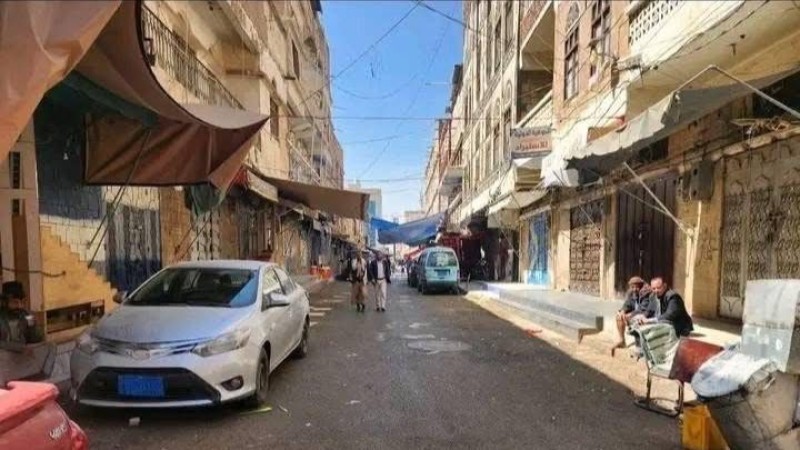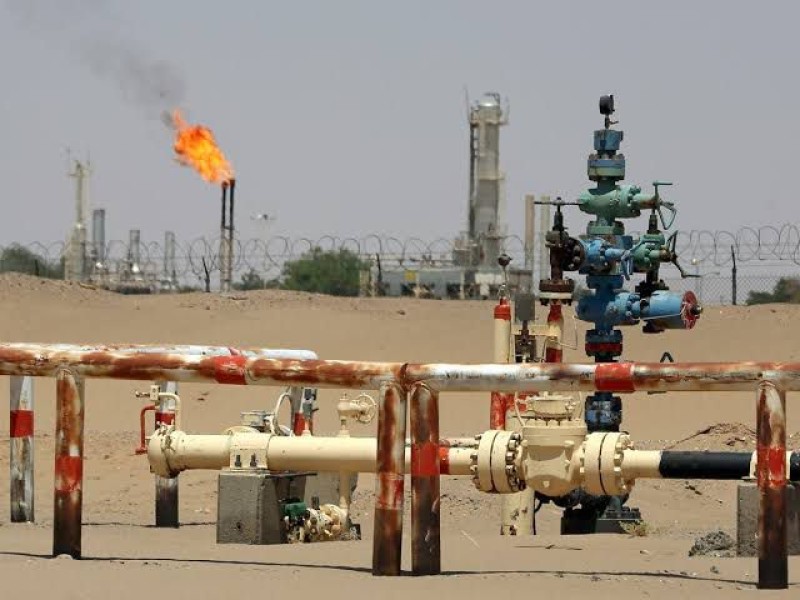Iran urges truce in Yemen


Iran’s foreign minister said his country isn’t seeking to dominate Yemen and called for an immediate cease-fire in the escalating conflict.
Javad Zarif said Tuesday that the military campaign led by Iran’s regional rival, Saudi Arabia, is only exacerbating Yemen’s problems.
Iran-linked Houthi rebels have overrun much of Yemen in the past seven months, forcing U.S.-backed President Abed Rabbo Mansour Hadi to flee the country. A Saudi-led coalition began airstrikes on the Houthis more than two weeks ago and the U.S. has been expanding its support for the alliance, intensifying fears that Iran could be drawn into a regional proxy war.
“Iran has never invaded a single country in 250 years,” Mr. Zarif said during a visit to Spain. “Iran is not seeking to dominate Yemen....Aerial bombardments are not an answer because there is nothing of military value to bomb in Yemen.”
Saudi officials could not immediately be reached for comment.
The U.N. Security Council on Tuesday endorsed the Saudi intervention in Yemen and imposed an arms embargo on Houthi leaders as well as the country’s former dictator, Ali Abdullah Saleh, and his son—blaming them for the crisis. Mr. Saleh, who gave up power in 2012, has bolstered Houthi forces by persuading some military units still loyal to him to support the rebel uprising, Yemeni and U.S. officials say.
It is unclear how effective the embargo will be as, according to U.S. officials, the majority of Houthi arms have been purchased on Yemen’s black market or from corrupt military commanders.
Russia, one of the five veto-wielding permanent members of the Security Council, abstained in the vote on the resolution. Foreign Minister Sergei Lavrov had raised questions two weeks ago about the legality of the Saudi-led campaign and Russia had unsuccessfully sought an arms embargo on all Yemeni parties.
The resolution expressed alarm about gains by the Yemen-based al Qaeda offshoot, which has capitalized on the country’s turmoil to overrun new territory. Saudi-led airstrikes have only targeted the Houthis, who have been fighting al Qaeda in the Arabian Peninsula, or AQAP.
AQAP’s media liaison said Tuesday that the group’s spiritual leader, Ibrahim al-Rubaish, was killed in an airstrike on Sunday and blamed the U.S.
However U.S. officials would not confirm the involvement of an American drone, either one operated by the Central Intelligence Agency or the U.S. military. One official held out the possibility that the al Qaeda figure could have been hit by Saudi aircraft, or died from another cause.
“It’s raining bombs in Yemen right now,” said a senior U.S. official. “If you want to increase your chances of being hit by a bomb, go to Yemen.”
The U.S. government launched dozens of drone strikes in Yemen in recent years targeting al Qaeda, typically through intelligence they collected from Yemeni officials or Arab allies. But Yemen’s descent into political chaos in recent weeks—and the evacuation of U.S. personnel and equipment—sharply curtailed the U.S. counterterrorism effort.
The U.S. can still fly drones from bases in Saudi Arabia or Djibouti, where the U.S. has a major counterterrorism base.
Senior U.S. officials have said they would continue drone strikes in Yemen if they have concrete intelligence on targets. But they have launched few such strikes in recent weeks, a reflection of both the fluid environment in Yemen and the lack of access to solid intelligence.
The AQAP spokesman insisted the death wouldn’t affect the organization. U.S. strikes have killed al Qaeda leaders in the past in Pakistan, Iraq and Yemen, but they were quickly replaced.
Mr. Zarif proposed a four-point plan to resolve the crisis in Yemen. It included a cease-fire, humanitarian assistance, a dialogue among local factions, and an agreement by regional and other powers that the country should have “a broad-based government friendly to all its neighbors.” He warned U.S. allies in Europe, such as Spain, that the conflict may deepen if they insist on preconditions before talks.
“This a trap: the trap that Europe got itself into in Syria. It shouldn’t get into it in Yemen,” Mr. Zarif said. “Whoever has the aspiration of controlling this country doesn’t know Yemen.”
Kamran Bokhari, a Middle East analyst with Stratfor, an intelligence and advisory firm based in Austin, Texas, said Mr. Zarif’s comments indicate that Iran recognizes the limitations it faces in projecting power in distant Yemen.
He said the remarks were disingenuous. While Iran has only limited leverage with the Houthis now, this could change if the rebels consolidate their hold—which is precisely what Saudi Arabia fears.
“The Iranians are not stakeholders in Yemen now, but they want to be stakeholders,” Mr. Bokhari said. “These are all nice words, but behind them there’s the plan that Yemen becomes part of the Iranian sphere of influence.”
WSJ

Aden — The United States Ambassador to Yemen underscored the critical importance of safeguarding the independence of the Central Bank of Yeme…

Sana’a – A new international report has confirmed that Houthi militias continue to escalate economic measures against the commercial se…

Aden — For three decades prior to the outbreak of war, Yemen’s oil and natural gas sector played a decisive role in shaping the country…